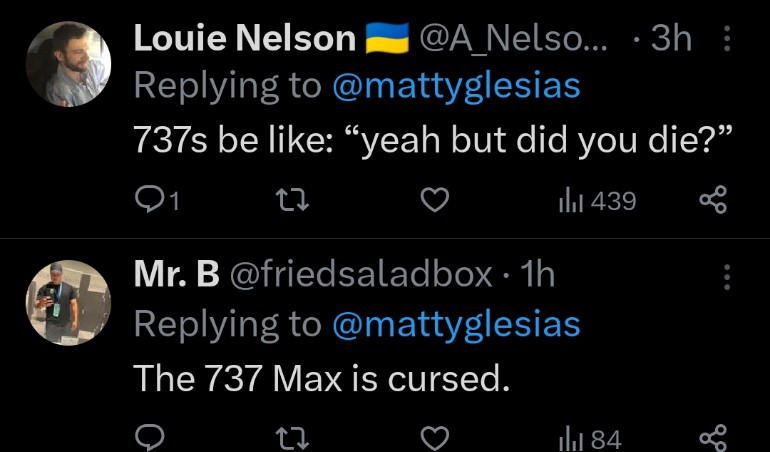I'm not sure I've learnt much that I hadn't read before here, but it's still a somewhat amusing article on how, until modern times, "co-sleeping" was quite the norm. Some extracts:
Sharing a bed did not have the same sexual connotations that it does today. In the medieval era, the Three Wise Men from the Christian bible were often depicted sleeping together – sometimes nude, or even spooning – and experts contend that any suggestion they were engaging in carnal acts would have been absurd.
Sociable sleeping was so desirable, it even transcended the usual barriers of social class. There are numerous historical accounts of people bunking down each night with their inferiors or superiors – such masters and their apprentices, domestic helpers and their employers, or royalty and their subjects. In 1784, a parson wrote in his diary that a visitor had specifically requested to sleep next to his servant. Night-time tussles over blankets and hours of strange bodily noises tended to afford a certain equality that didn't exist outside of the bedroom.
Well, I think it certainly a good idea that an employee no longer has "sleeping right beside your unpleasant boss" as a work condition!
The article goes on to mention Samuel Pepys's diaries:
In addition to the minutiae of daily life and frequent lewd descriptions of womanising, the diary records just how often he slept in the same bed as friends, colleagues, and perfect strangers. And they reveal the many nuances of successful – and unsuccessful – bedsharing.
On one occasion in Portsmouth, Pepys went to bed with a doctor who he worked with at the Royal Society in London. In addition to laying "very well and merrily" together, presumably talking late into the night, the doctor had the added advantage of being peculiarly delicious to fleas, who consequently left Pepys alone. (It's also been speculated that the pests didn't like his blood – and perhaps this helped him to avoid catching the plague.)
Tucked up under several layers of blankets, with their nightcaps resting on their heads, Ekirch explains that well-suited bedfellows might exchange stories well into the early morning – perhaps even waking to analyse their dreams between their first and second sleeps. (Learn more about the forgotten medieval habit of biphasic sleep.)
These hours spent chatting in the blackness of night helped to strengthen social bonds and provided a private space to exchange secrets. Handley cites the example of Sarah Hirst, a young gentlewoman and tailor's daughter, who had several favourite sleeping partners for whom she developed great affection. When one of her regular bed mates died, she wrote a poem expressing her grief.
Oh, I don't think I knew this:
Though she had many beds at her disposal, it's thought that Queen Elizabeth I never slept alone once during her 44-year reign. Each night, she retreated to her bedchamber with one of her trusted attendants, with whom she would unburden herself and dissect the day's activity at court. These women also provided her with protection.

%20The%20Chaser%20(@chaser)%20_%20X.png)





















